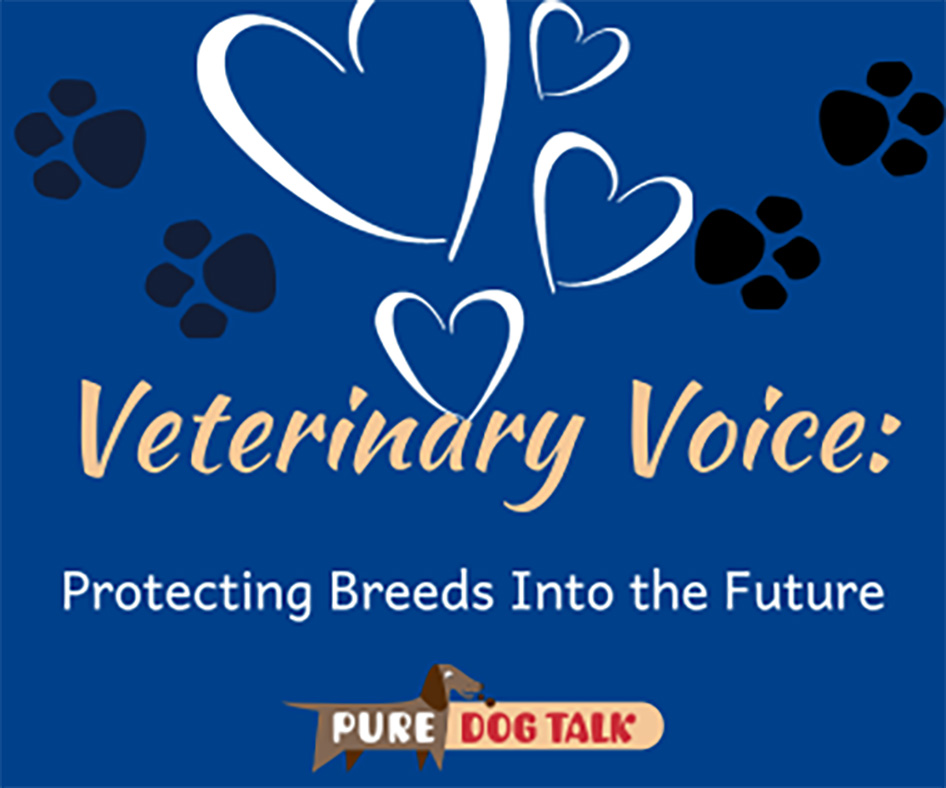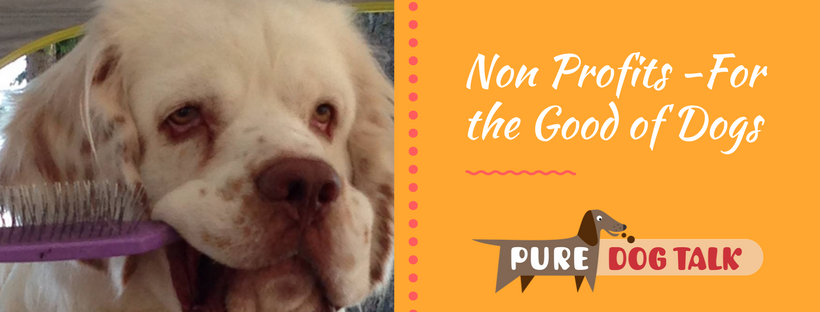606 – Protecting Breeds Into the Future
Protecting Breeds Into the Future
Dr. Marty Greer, DVM joins host Laura Reeves to discuss AKC’s newest service for preservation breeders. Greer was actively involved in AKC’s development of the Purebred Preservation Bank, taking the idea from the Otterhound Club of America. We had the conversation with Joellen Gregory early on about the Otterhound’s semen bank, and AKC has taken this and developed it into something that’s available for all parent clubs.
“(PPB will allow) AKC to fund the long -term storage of semen that no longer has an owner that wants to manage it,” Greer said. “So, you don’t necessarily have to have passed away for this to happen. If you’re at the end of your breeding program and you’re sitting there with six beautiful dogs that have semen frozen, and you’re like, ‘Well, I don’t have anybody I’ve really mentored and my kids don’t want it, so where do I go with this?’
“That’s when you go to the AKC website, you pull up the information on there, you sign the document that allows AKC to take ownership. And once you hand it off, you no longer are in control of that part of the semen. You may send all of your dog’s semen, you may send part of that dog’s semen, you may send all the semen that you have to the AKC, and AKC will then pay for the long -term storage.
“Every breed club makes their own rules. Your parent club can put together their health committee, their genetics committee, a special committee for this. Your breed club will sit down and with some ideas from what other breed clubs have done, be able to say, ‘This is how we want the semen disseminated. Does the bitch have to have a CHIC number? Does she have to have these certain criteria? When is it appropriate to use? Has she had a litter before?’ All those kinds of things, your breed club can decide.
“But as you release the semen, you can’t say, ‘Well, I don’t like Susie Smith.” Susie Smith is never going to get to touch my semen ever, ever, as long as I live, over my dead body. Maybe it will be over your dead body because now it’s no longer yours.
“Fifty years from now and 100 years from now, that’s what we’re looking at. We’re not looking at what happens next Tuesday when a bitch has to be bred. We’re looking at 100 years from now. Is your dog still of value? You might say things like, ‘Well, styles of dogs change,’ and indeed they do. But sometimes those foundational dogs are structurally what you need. Sometimes those foundation dogs predate certain genetic disorders that have really worked their way deeply into the gene pool and could be very hard to breed your way out of.
“AKC’s role in this is to pay for the semen storage and to register the puppies. That’s it. AKC is not there to start saying, ‘Well, we want you to do this with this and we want you to do that with that. And you have to have faith that 100 years from now, this mission, this vision is going to be held true. But it’s not about Susie Smith. It’s not about you. It’s not about (any individual dog). It’s about the overall health of the breed and where we can go with some of the genetics.”
179 — Non Profit Foundations Benefit our Breeds
Non Profit Foundations Benefit our Breeds
The Clumber Spaniel Health Foundation, created by members of the Clumber Spaniel Club of America, is a nonprofit organization dedicated to raising funds for health research in their beloved breed. A low registration breed with a relatively small gene pool, the breeders were making progress on the breed’s health issues but wanted to do more.
It Is Our Responsibility to Act
“While there is no doubt our breed has come a long way in the last 25 years,” CSHF President Jen Amundsen notes on the organization’s website, “health issues such as immune-mediated hemolytic anemia, disc disease, cardiomyopathy, and hemangiosarcoma are taking many of our Clumbers much too early in life. It is our responsibility to act.”
Dr. Roe Froman, DVM referenced the Margaret Mead quote, “Never doubt that a small group of thoughtful, committed citizens can change the world; indeed, it’s the only thing that ever has” as her rallying cry in creating the group that formed the Foundation.
This group has, in fact, changed their world. The CSCA, with a membership of roughly 300, has raised over $100,000 for the Foundation in the last 10 years. The DNA bank Froman created also helped identify gene markers and DNA testing for PDP1, a very specific neurological disease, that is now virtually eliminated in the breed.
CSHF pools its resources through the AKC’s Canine Health Foundation, Morris Animal Foundation, and others, to support research being done on diseases of specific importance to the Clumber Spaniel.
Amundsen, an attorney who specializes in work that affects dog owners, provides an excellent tutorial in this episode about the actual how and why of creating a 501c3 non-profit organization for dog clubs. Groups seeking non-profit status for fundraising on health research, rescue, education, or any similar venture, will value her suggestions.
While some of the more populous breeds’ parent clubs have already created Foundations to address some of these topics, Amundsen and Froman give hope, encouragement, and direction to members of smaller clubs for ways in which they can create a positive impact for their breeds
Don’t miss Allison Foley’s Tip of the Week from the Leading Edge Dog Show Academy on flying with your dog in a cabin and how to get through airport screening safely and easily with your pet in a carry-on bag.
LINKS:
- http://www.clumberhealth.org
- https://www.facebook.com/dogsavvylawyer/
- http://leadingedge-dog-show-academy.teachable.com/courses


